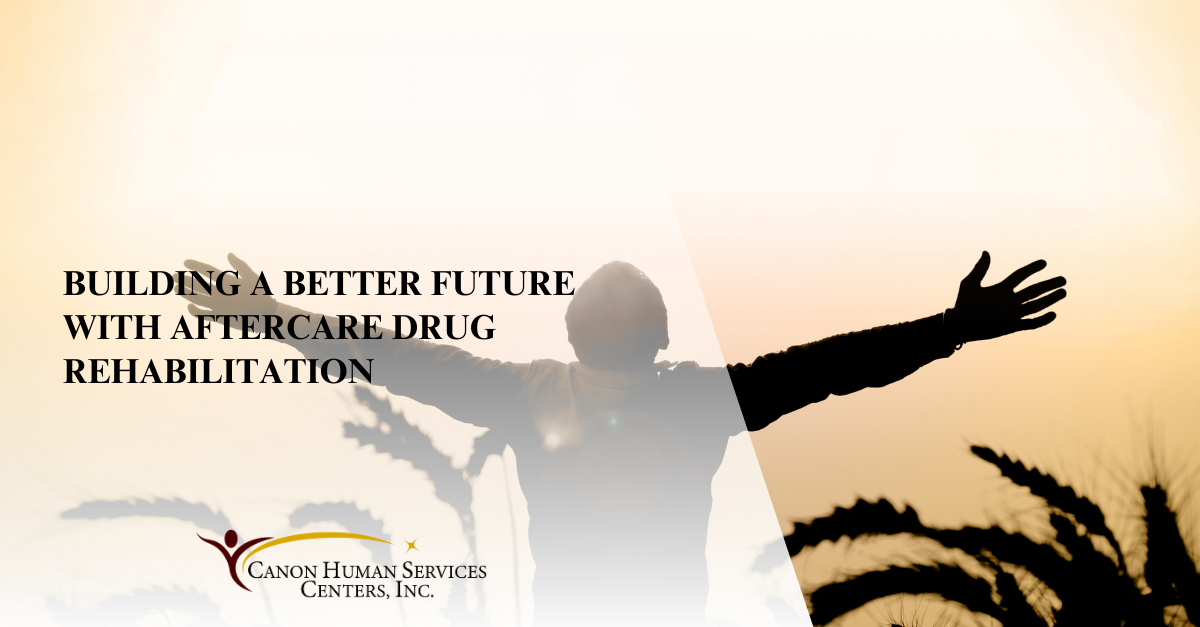Overcoming addiction is one of the most challenging journeys a person can undertake. However, completing a drug rehabilitation program is only the first step toward long-term sobriety. Recovery is not a one-time event—it’s a lifelong process. This is where aftercare drug rehabilitation becomes essential.
Aftercare programs provide continuous support, tools, and community access to help recovering addicts stay on track and thrive in their newfound sobriety. Whether you’re in recovery, a family member of someone on this path, or a healthcare professional guiding others, understanding the benefits of aftercare is crucial for ensuring long-term success.
What Is Aftercare Drug Rehabilitation?
Aftercare drug rehabilitation refers to the support, resources, and programs individuals participate in after completing an initial rehabilitation treatment. These programs bridge the gap between structured rehabilitation settings and the return to everyday life.
Unlike primary treatment, which focuses on detoxification and therapy to address the root causes of addiction, aftercare programs focus on preventing relapse and equipping individuals with life skills and coping mechanisms. They often involve counseling, peer support groups, individual therapy, and educational resources.
The goal is simple yet impactful—to create a sustainable recovery strategy that promotes physical, mental, and emotional well-being.
The Role of Aftercare in Sustained Recovery
Recovering from addiction doesn’t happen overnight. Many individuals face unique struggles in their post-rehabilitation phases, including cravings, social pressures, and emotional challenges. Aftercare drug rehabilitation steps in to fill the void left behind when initial treatment ends. Here’s why it matters:
- Reduces Relapse Risk: Nearly 40-60% of recovering addicts experience at least one relapse, according to the National Institute on Drug Abuse (NIDA). Aftercare solutions provide the tools and strategies needed to reduce this statistic.
- Continued Accountability: Regular check-ins with counselors or support groups ensure individuals remain accountable for their recovery goals.
- Support Network: Recovering alone can be isolating, but aftercare offers immediate access to a community of peers and professionals who understand the struggles and triumphs of addiction recovery.
- Skill Development: From conflict resolution to improving relationships, aftercare programs prioritize real-life skill-building to help individuals handle life’s complexities without reverting to substance use.
The Benefits of Aftercare Drug Rehabilitation
Relapse is one of the most significant concerns after rehab. Aftercare programs equip individuals with resources and strategies to manage cravings, avoid triggers, and maintain sobriety. For example, many programs teach mindfulness techniques that help individuals recognize and manage negative thought patterns. Additionally, cognitive-behavioral therapy (CBT) offered in aftercare sessions helps patients develop healthier coping mechanisms in high-stress scenarios.
Adjusting to a sober life can often feel lonely, especially when old social circles are tied to substance use. Aftercare services provide ongoing emotional support through counseling sessions that focus on personal growth and self-esteem. Support groups allow individuals to share experiences, celebrate milestones, and feel less isolated. Knowing you’re not alone in your recovery process is essential for emotional stability and perseverance.
Addiction recovery doesn’t only affect the individual—it changes family dynamics, too. Many aftercare programs, such as those at Canon Human Services, offer family therapy sessions that teach family members how to communicate effectively, provide tools to rebuild trust, and strengthen relationships. These sessions also educate loved ones about addiction as a disease, reducing stigma and fostering understanding.
Life after addiction often presents new challenges, like finding employment, managing finances, and living independently. Aftercare programs assist individuals in building job readiness skills, including resume writing and interview preparation. They also teach effective budgeting and financial management and help address housing concerns to secure safe living environments. These practical tools enable recovering addicts to establish a stable and fulfilling life in sobriety.

Stress, anxiety, and unexpected challenges are part of life, making it vital for individuals recovering from addiction to have strong coping mechanisms. Aftercare programs provide workshops that teach problem-solving skills, stress management techniques, and methods for handling emotions without resorting to substances. Participants also learn how to replace destructive habits with healthy routines, emphasizing the importance of balance in work, relationships, and personal well-being.
One of the most rewarding aspects of aftercare is the opportunity to build long-term peer connections. Programs like Alcoholics Anonymous and Narcotics Anonymous foster lasting friendships among individuals who share similar goals. These peer relationships offer encouragement during challenging moments, advice rooted in personal experiences, and opportunities to celebrate successes together, creating a lifelong network of support.
Choosing the Right Aftercare Program for You
Not all aftercare programs are created equal, which is why selecting the right one is such an important step in your recovery. Consider looking for a program that is customized to your personal needs because everyone’s recovery journey is unique, and an aftercare program should reflect that. Make sure the program meets industry standards and is staffed with qualified professionals to ensure you’re in good hands. A comprehensive approach is often more effective, so prioritize aftercare programs that offer a range of services, such as individual and group therapy, family support, and skill-building workshops. Accessibility is another key factor—look for flexible scheduling, online support options, and local meetings that fit into your lifestyle.
At Canon Human Services, we specialize in holistic and aftercare-focused addiction recovery services. Our dedicated team is here to guide individuals and their families through every step of the recovery process.
A Community That Cares
At its heart, aftercare drug rehabilitation is about community—it’s about finding people and programs that lift you up, keep you accountable, and remind you that recovery is a shared effort. With the proper support, transitioning out of initial rehab and into a fulfilling, substance-free life isn’t just possible—it’s probable.
If you or a loved one need more guidance, consider reaching out to Canon Human Services. Together, we can create a personal aftercare roadmap to help you reclaim control and thrive in this new chapter of life.

